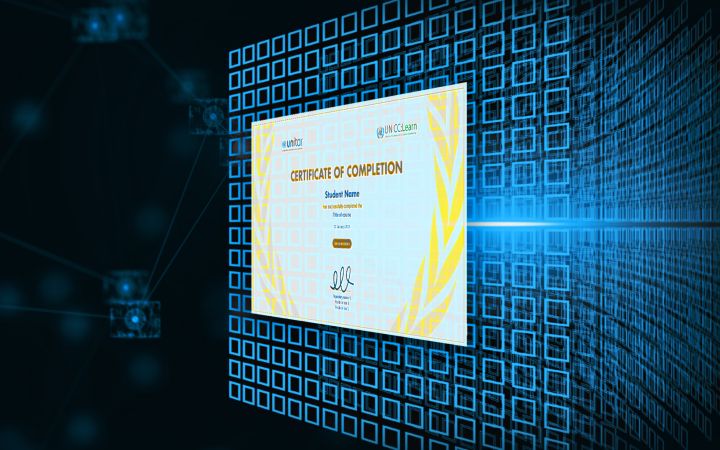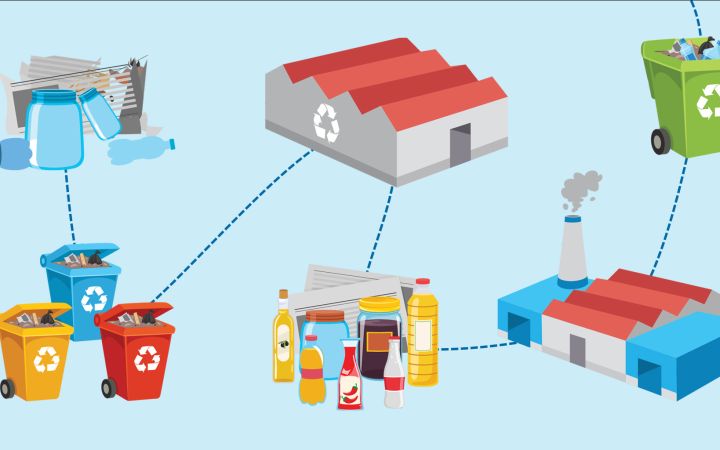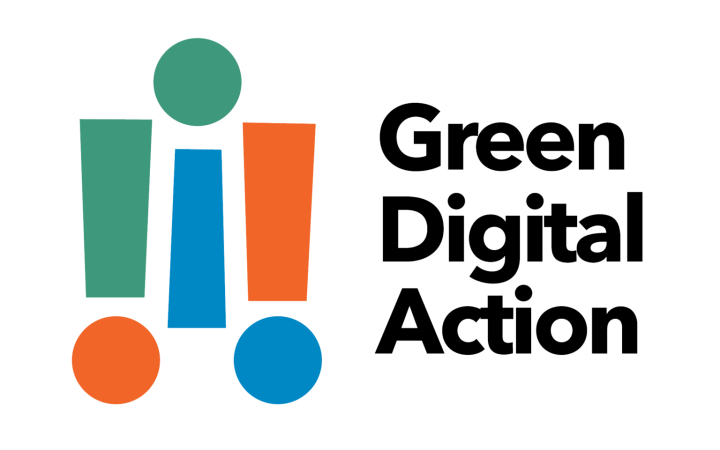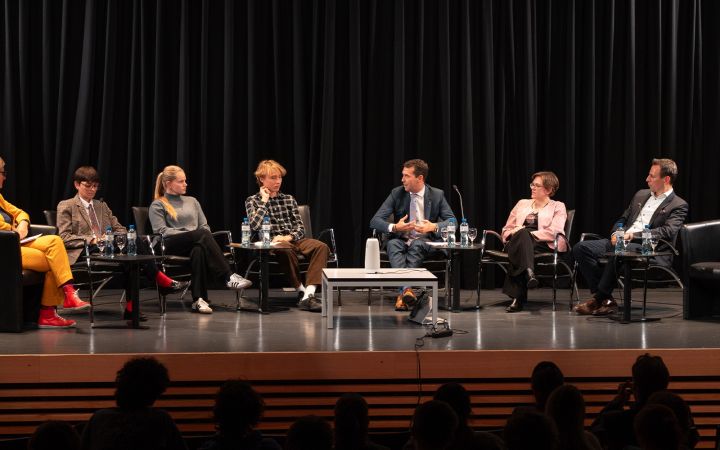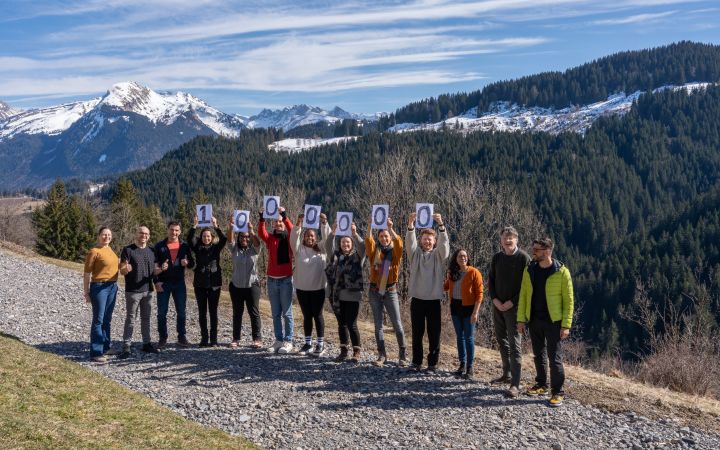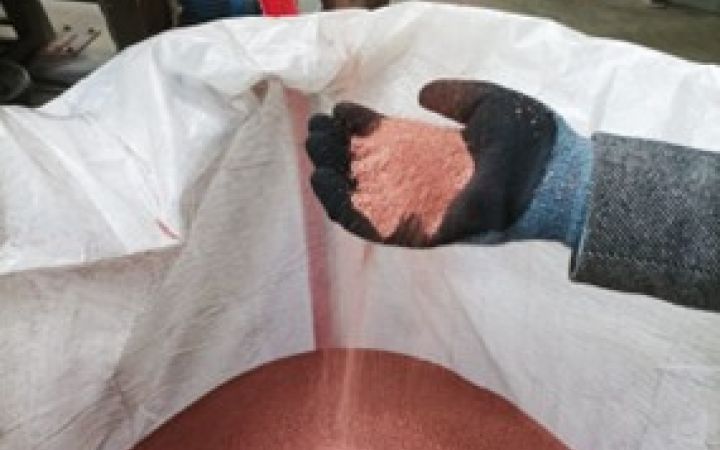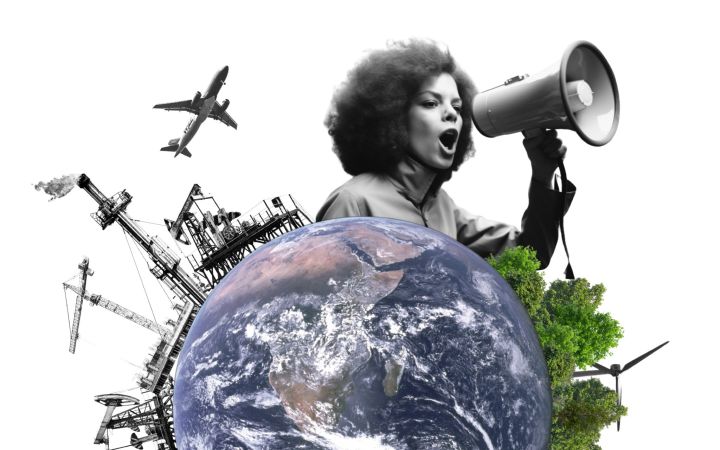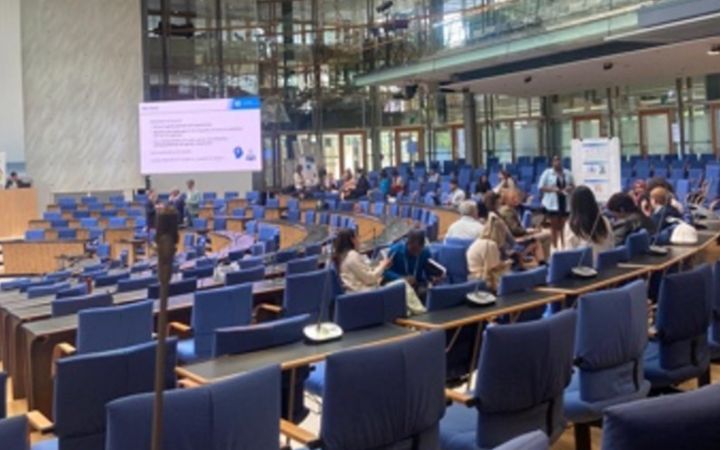Displaying 1 - 10 of 179
2 February 2026, Geneva, Switzerland - In January 2026, the United Nations Institute for Training and Research (UNITAR) reached a major milestone with the issuance of its first-ever digital certificate of completion. Issued on 31January 2026 by the One UN Climate Change Learning Partnership (UN CC:Learn), this certificate marks the culmination of a months-long process to introduce state-of-the-art certification at UNITAR, responding to the needs of an online learning environment that continues to evolve rapidly.
30 January 2026 - This Statistical Guideline aims to address the lack of a detailed, globally agreed statistical methodology for measuring plastic flows at the national, regional, and global levels. It provides guidance to practitioners on producing high-quality national-level statistics on plastics that are comparable across countries.
Belém, 10 November 2025 – A coalition of international partners announced the creation of the Green Digital Action Hub (GDA Hub), a new cooperation platform to harness technology innovation against climate change, anchored in Brazil as a legacy of the 30th UN Climate Change Conference, COP30.
3 November 2025, Geneva, Switzerland – The No Borders for Climate Action event in St. Gallen, Switzerland, brought together students and experts from Switzerland, Brazil, the UAE, and Zambia for a day of dialogue, learning, and collaboration on climate solutions. From Youth Climate Dialogues to a high-level panel, participants explored the inextricable links between education and action.
24 October 2024, Geneva, Switzerland - On United Nations Day, observed every year on 24 October, the research and training institutes of the United Nations reaffirm their essential role in building an integrated, effective, and future-ready UN system that delivers for people. This day marks the anniversary of the entry into force of the UN Charter in 1945 — the founding moment of the Organization — and invites reflection on the UN’s enduring mission to promote peace, development, and human rights and how knowledge and learning support that mission.
16 October 2025, Geneva, Switzerland - In light of the 30th United Nations Climate Change Conference (COP30) in Belém, the United Nations Secretary-General has issued a message highlighting the vital role of climate education in tackling the climate crisis.
Marking International E‑waste Day 2025, UNITAR and its partners highlight new findings showing that Europe’s discarded electronics contain around one million tonnes of critical raw materials (CRMs) such as copper, aluminium, palladium, and rare earth elements each year.
In 2022, Europe generated 10.7 million tonnes of e‑waste, with only 54 per cent managed through compliant systems. By 2050, the amount of valuable materials could rise to 1.9 million tonnes, and with improved design, collection, and recycling, up to 1.5 million tonnes could be recovered annually.
Experts including Dr Kees Baldé (UNITAR -SCYCLE), Jessika Roswall (European Commission), and Pascal Leroy (WEEE Forum) emphasise that e‑waste is not simply waste but a strategic resource that can strengthen Europe’s economy, reduce dependency, and create green jobs if managed within a circular economy.
In 2022, Europe generated 10.7 million tonnes of e‑waste, with only 54 per cent managed through compliant systems. By 2050, the amount of valuable materials could rise to 1.9 million tonnes, and with improved design, collection, and recycling, up to 1.5 million tonnes could be recovered annually.
Experts including Dr Kees Baldé (UNITAR -SCYCLE), Jessika Roswall (European Commission), and Pascal Leroy (WEEE Forum) emphasise that e‑waste is not simply waste but a strategic resource that can strengthen Europe’s economy, reduce dependency, and create green jobs if managed within a circular economy.
15 July 2025, Geneva, Switzerland - UNITAR and the NDC Partnership joined forces to organize the Facilitators Exchanges, a series of workshops for NDC In-Country Facilitators to support them in co-creating solutions for key NDC implementation challenges.
4 July 2025 - Geneva, Switzerland - The new Climate 101, inspired by UNDP’s Climate Dictionary, is now available with 27 key climate change terms, from mitigation and adaptation to carbon markets and a just transition. Read on to find out more about this fun and interactive resource.
2 July 2025, Bonn, Germany - UN CC:Learn was present at this year’s UNFCCC Bonn Climate Change Conference 2025 (SB62) to engage with key stakeholders in the climate change space and take part in ACE-related activities.


